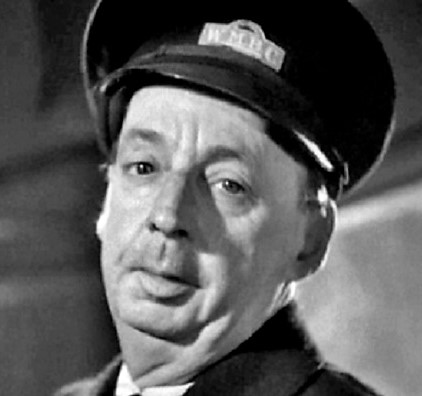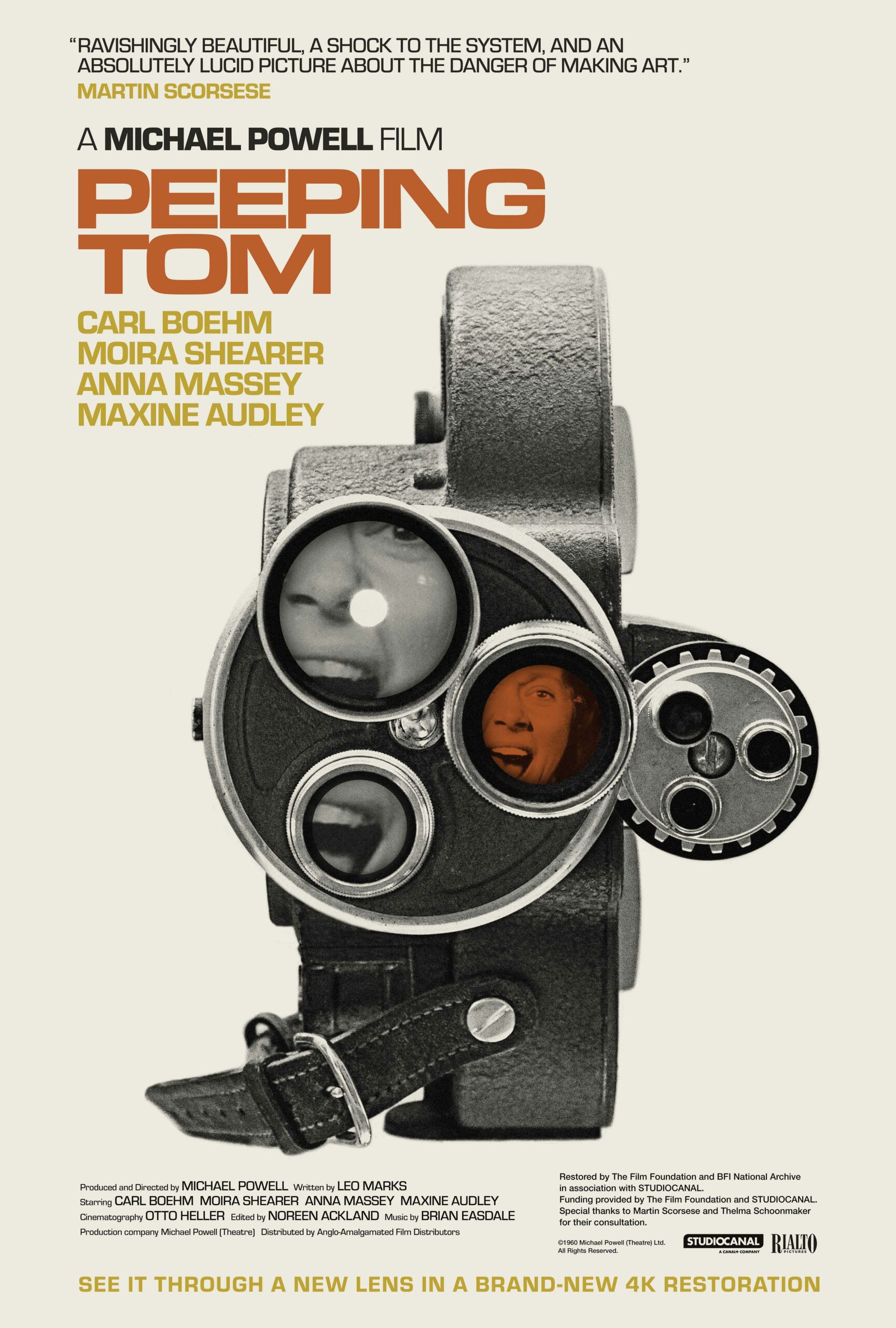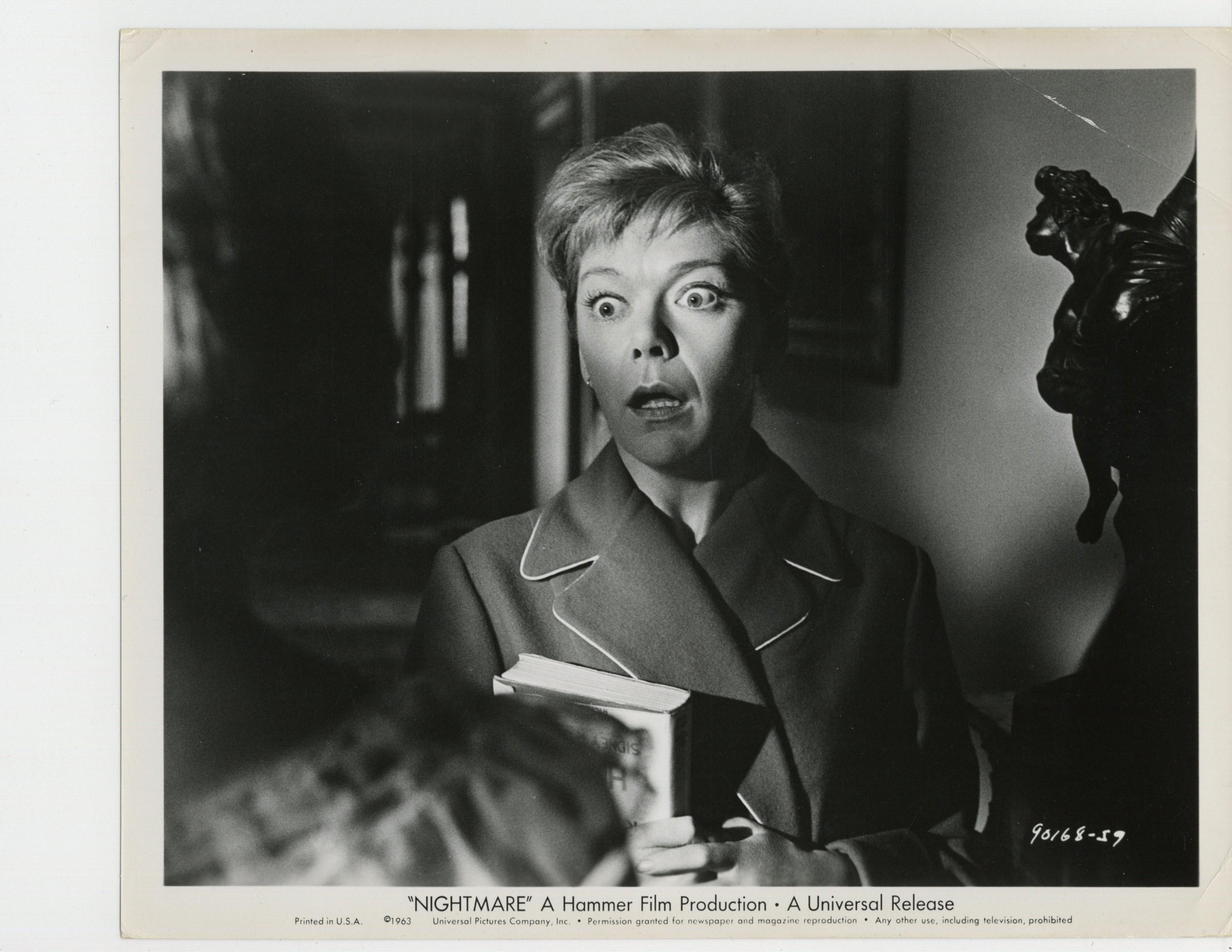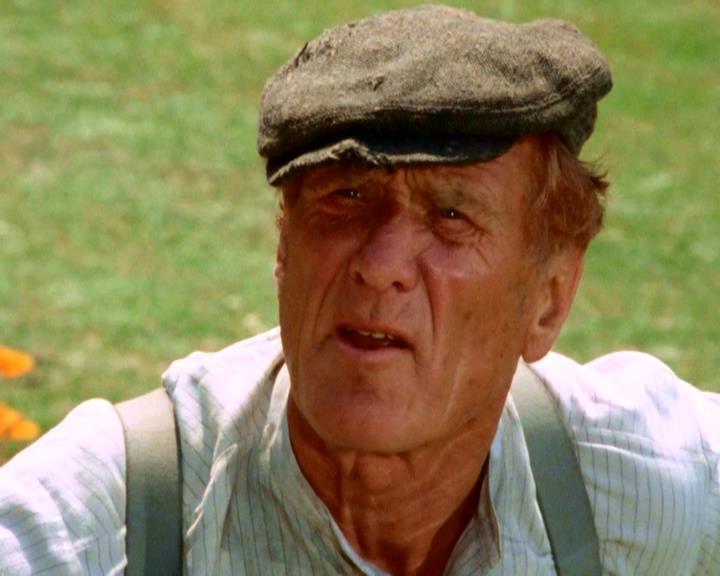
Miles Malleson
Birthplace – Croydon, Surrey, England, UK
Actor, playwright and screenwriter Miles Malleson’s list of credits reads like a history of British cinema in the first half of the 20th century. Born in Croydon in Surrey, he was educated at Brighton College in Sussex and Emmanuel College Cambridge. He had intended to become a schoolmaster but he opted instead for the stage and went into repertory theatre in Liverpool and then onto the Royal Academy of Dramatic Art (RADA) in London.
He wrote his first play in 1913 and, in contrast to the characters he often portrayed on screen, held socially progressive views which were often reflected in his work. His output included two plays about the First World War, “D Company” and “Black Eill”, and one about the Tolpuddle Martyrs. He also worked as a screenwriter on two documentaries for Paul Rotha, Land of Promise (1946) and World of Plenty (1943).
Following the outbreak of The Great War in July 1914 Malleson enlisted in the British Army as a Private (No. 2227) in the 1/1st (City of London) Battalion (Royal Fusiliers). He served from 5th September 1914 until receiving a medical discharge in 1915, which included a period spent in Egypt. Malleson made no secret of his objection to the war as both a member of the Independent Labour Party and a supporter of the No-Conscription Fellowship.
His most prolific period as a screenwriter was in the 1930s and 1940s, initially on historical subjects like Nell Gwyn (1934), Rhodes (1936), and Victoria the Great (1937). In many of these films he also began appearing in supporting roles, and from the mid-’30s onward he found himself in increasing demand as an actor as well as a writer. Over the next 30 years he appeared in nearly 100 films, featuring in everything from Alfred Hitchcock thrillers and Ealing comedies to Hammer horrors.
Usually cast as a befuddled judge or a doddering old doctor, academic or other local eccentric, he first caught audiences’ imagination as the hearse driver in the Ealing chiller compendium Dead of Night (1945), after which he began to get bigger and better parts. He was particularly memorable as the philosophical hangman in Kind Hearts and Coronets (1949), Canon Chasuble in The Importance of Being Earnest (1952), Dr. McAdam in Folly to Be Wise (1952), the barrister Grimes in Brothers in Law (1957) and as Windrush Sr. in Private’s Progress (1956) and I’m All Right Jack (1959).
Towards the end of his career he continued to appear in cameo roles in comedy films, and made several appearances in Hammer horror films including Horror of Dracula (1958) and The Hound of the Baskervilles (1959), before failing eyesight forced him into retirement in his late 70s.




